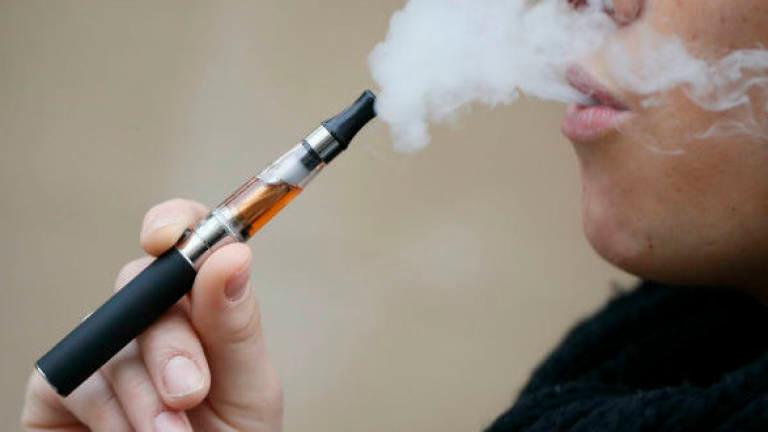PETALING JAYA: A new study by a body which advises the United Kingdom’s Department of Health seems to provide the answer to the hotly debated topic of whether vaping is all that it is hyped up to be.
For several years now, critics have disputed claims that vaping is a better alternative to cigarettes.
Some vapers swear that vaping has helped them cut down on the habit and wean off traditional cigarettes which produce 7,000 chemicals, more than 70 of which are linked to cancer.
But some argue that vaping is just as harmful because of the exposure ingredients like Propylene Glycol (PG) and Glycerol used in e-liquids.
Now, a toxicological assessment by Committee on Toxicity of Chemicals in Food, Consumer Products and the Environment (COT) has shed some light on the science, and its findings indicate that vaping is indeed less harmful than smoking.
The assessment which appears to reinforce findings of similar studies, also states that vaping is a viable alternative for smokers.
For one, it said the evidence base indicated “low concern” for the likelihood of adverse health effects in users from short to medium-term exposure to PG and Glycerol from vaping.
“Toxicity associated with exposure to PG is extremely low. PG is not considered to be genotoxic or carcinogenic,” read the assessment.
Already several members of the scientific community have welcomed the COT’s report.
Dr Debbie Robson, a researcher at the National Addiction Centre in King’s College London said the nearly four million people who vape in the UK can be “reassured” they are doing the best thing for the health and wellbeing by switching from smoking to vaping.
Professor Peter Hajek, the Director of the Tobacco Dependence Research Unit at Queen Mary University of London said the COT’s report confirms that vaping is much less dangerous than smoking.
“If you are a smoker and find quitting difficult, switching to vaping is the next best option.”
Professor John Britton, the former Director of the UK Centre for Tobacco & Alcohol Studies at University of Nottingham said the reports confirm that while e-cigarettes are not harmless, they are “substantially less harmful” than cigarettes.
“This conclusion firmly endorses the UK policy of recommending vaping as a practical and effective means for smokers to prevent harm from continued nicotine use, and provide welcome, authoritative reassurance that for smokers who find it difficult to quit smoking, vaping is the obvious next best option.”
In its assessment, the COT qualified however that the lower risk of adverse health effects from vaping as compared to smoking is based on the use of vape products which are produced according to manufacturing standards.
Similarly, e-liquids, should be derived from reputable sources, exclude non-standard ingredients and its production subject to proper standards.
This caveat is something vape industry players have spoken about for years citing the introduction of regulations in other countries which allow the sale and use of vape liquid with nicotine as regulated consumer products.
In Malaysia, the Government has yet to introduce any regulations to regulate for vaping products despite there having are over one million users currently, according to a statistic sighted from the Ministry of Health’s National Health and Morbidity Survey 2019 report.
While the government has announced tax measures to be imposed on vaping products from the recent Budget 2021 announcement, the key priority remains a regulation to be introduced to regulate the for products to ensure it meets product safety standards to protect consumers from using unregulated products.













